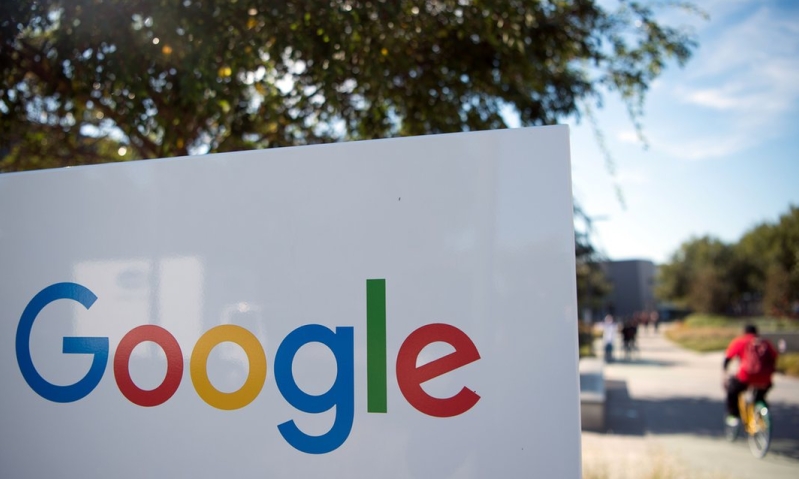
Google has announced its recent partnership with three UK-based fact-checking organizations amidst public tensions against Facebook's inability to filter misinformation. Google's initial fact-check initiative costed the company $160,000.
Google's aim is to help out journalists and the public avoid falling into wrong claims and conspiracy theories. It is said that Facebook and Google, the world's biggest online sources of information, were instrumental to the recent U.S. elections' outcome-in a bad way, as some experts say.
Professor and Social Media Expert Clay Shirky says many people were fed the wrong information. "People share stuff because their mom might like it. My mom likes the pope; she likes Trump so she'll be pleased that the pope supports Trump." She was referring to a previously shared report that the Catholic Church was endorsing Donald Trump.
Other fraudulent news that went viral include: "Hillary Clinton coughing up alien eggs... Hillary Clinton's health concern, Obama saying his family is moving to Canada when Trump gets elected, and Trump's history of corruption."
A Google spokesperson says, "Moving forward, we will restrict ad serving on pages that misrepresent, misstate, or conceal information about the publisher, the publisher's content or the primary purpose of the web property."
Google's $160,000 fact-checking fund is from the company's social responsibility coffers. Google has chosen Full Fact, a non-profit organization based in the UK, as one of its beneficiaries. Full Fact has received a donation of $53,000 to develop the Fact-checking Automation and Claim Tracking System. The system is aimed at making it possible for journalists and the public to automatically check on the validity of reports published.
Full Fact's Director Will Moy says, the system will "recognize claims in political debates and online media and immediately alert journalists if they are inaccurate."
Moy confirms that the project has been on-going for three years now, and Google's generous donation is helping them tremendously with making the project a reality. He says Full Fact's automated fact-checking project has made people more aware of the importance of immediate validation and revalidation of published articles. Moy adds, "It used to be the case that you had to explain why there was harm done by bad information. People now accept that bad information can be damaging."
Another beneficiary of Google's generous endowment is for Factmata, a project collaboration between University College London and University of Sheffield. The Factmata project also received $53,000.
Dhruv Ghulati, Factmata's founder, the project's aim is to "empower people to question the digital content they read on a daily basis, and not take anything for granted."
Google's third beneficiary is Scotland-based Ferret, a news site dedicated to developing fast and efficient fact-checking techniques. Like Full Fact and Factmata, Ferret is maximizing the most fool-proof way to do a fact check-that is, collaborating with editors.
Ferret's Chairman Rob Edwards says that there is an urgent need for reputable fact-checking organizations running. He adds, "This grant will help the Ferret brings its trademark independence and transparent analysis to the debate over Brexit and Scotland's future place in the world." Ferret also received a $53,000 grant just like Full Fact and Factmata.
(Errata: A clarification on Full Fact's details are as follows: 1) The project has been on-going for three years, not six years; 2) Google did not hire Full Fact, but has awarded them funding; 3) Full Fact does collaborate with their editors; 4) And Full Fact wishes to clarify that they maintain control over their project, and did not receive an 'endowment' but a 'donation'. All details have been corrected on the article as of 29 Nov 2016.)






